«Russia has three allies — the army, navy and the Russian Academy of Sciences»
Few people know that during the war, the future president of the USSR Academy of Sciences, 30-year-old Mstislav Keldysh, In the shortest possible time, he developed a theory that helped pilots avoid dangerous vibrations of aircraft wings. And 40-year-old academician-mathematician Andrei Kolmogorov conducted research that helped our shells accurately hit the target… On Monday, May 6, the Russian Academy of Sciences hosted a traditional ceremony in memory of scientists who participated in the Great Patriotic War. The MK correspondent was present at the event and talked with witnesses of those distant events.
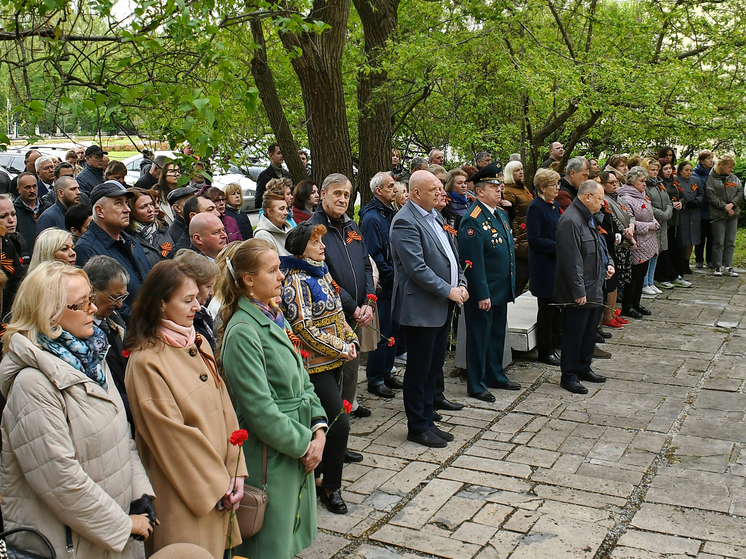 The Russian Academy of Sciences hosted a traditional ceremony in memory of participants in the Great Patriotic War. Photo courtesy of the RAS press service
The Russian Academy of Sciences hosted a traditional ceremony in memory of participants in the Great Patriotic War. Photo courtesy of the RAS press service
When the Great Patriotic War began, those scientists who did not end up directly on the battlefield or in hospitals helped the front in their laboratories.
According to the President of the Russian Academy of Sciences Gennady Krasnikov, who opened the ceremony, at that time the Academy took a clear position: everything for the front, everything for victory, and “there was no more sacred duty for them than to give their strength and knowledge so that our country would win.”According to documents from the Archive of the Russian Academy of Sciences, from the very first days of the war, commissions were created in the country to mobilize resources for the defense of the country. Scientists reported on the natural reserves of coal and peat, on the state and development of non-ferrous metallurgy, nickel, chemical and woodworking industries.
Employees of the Leningrad Biological Institute compiled military geobotanical maps and developed methods for deciphering aerial photographs of the tundra, forests, and swamps. At the Botanical Institute of the USSR Academy of Sciences, they developed methods for processing mosses, which were then used at the front as a dressing material, and pine needles, which were used to prepare medical balms and vitamin infusions.
 President of the Russian Academy of Sciences Gennady Krasnikov. Photo courtesy of the RAS press service
President of the Russian Academy of Sciences Gennady Krasnikov. Photo courtesy of the RAS press service
Mechanical scientist and engineer, director and founder of the Electric Welding Institute in Kyiv, Evgeniy Paton, created automatic submerged arc welding (material that protects the welding zone from atmospheric air). Due to it, it was possible to significantly improve the quality of welds on the famous T-34 tank.
Everyone knows the academic Siberian Institute of Theoretical and Applied Mechanics named after S.A. Khristianovich, founded in 1957. Its first director, Sergei Khristianovich, during the war years was able, using mathematical calculations, to increase by an order of magnitude the percentage of hits of the famous “Katyusha” shells. – he «forced» them to rotate in flight.
The Leningrad Physics and Technology Institute also distinguished itself during the war. A.F. Ioffe Academy of Sciences of the USSR. Under the leadership of future academicians Igor Kurchatov and Anatoly Alexandrov, they created a demagnetization method, thanks to which they managed to save warships from enemy magnetic mines.
Today there are almost no veteran academicians left alive. But all 148 hero scientists who fought on the fronts of the Great Patriotic War will forever live in the memory of their colleagues.
 Memorial to the heroes of the Great Patriotic War near the building of the Presidium of the Russian Academy of Sciences on Leninsky, 14. Photo courtesy of the press service of the Russian Academy of Sciences < /span>
Memorial to the heroes of the Great Patriotic War near the building of the Presidium of the Russian Academy of Sciences on Leninsky, 14. Photo courtesy of the press service of the Russian Academy of Sciences < /span>
< p>On the eve of the Victory Day, I managed to talk with an academician of the Russian Academy of Sciences, who, due to his age, could not go to war – he was a child then, but remembers her very well. This is Mikhail Ostrovsky, academician, head of the physiology section of the Department of Physiological Sciences of the Russian Academy of Sciences.
 Academician Mikhail Ostrovsky. Photo: N. Leskova
Academician Mikhail Ostrovsky. Photo: N. Leskova
– I was born on February 22, 1935 in Leningrad. Then there was a war. Leningrad and the war, I think, determined life – says Mikhail Arkadyevich. – I was in Leningrad throughout the blockade…
– During the blockade, almost half of our family – grandparents first – died. In that most terrible winter of forty-one and forty-two, I was sent to kindergarten. In the kindergarten there was Nina Ivanovna, a teacher. They later told me how she took the sleigh, tied a small can to it with twine and went to our soldiers. And at the corner of our 5th Sovetskaya and Suvorovsky Prospekt there was an anti-aircraft battery. And Nina Ivanovna trudged with this sleigh to the soldiers and told them that she – Kindergarten teacher, children are starving, and she needs alcohol. And they filled this can with alcohol for her. She brought him on this sled to kindergarten and then every day she gave us a spoonful of diluted alcohol– vodka actually. And these are calories! And not a single child died! The main feeling that remains in my memory from the blockade – It's not so much hunger as it is cold.
– We evacuated (the route lay near Novosibirsk) in early June 1943, when the blockade had already been broken. We sailed on boats on Lake Ladoga. There were quite a lot of boats. Some are people, others are – things. That's what the military ordered. Things – these mostly were bales. Bale – This is a sheet that was spread out, the most necessary things were put on it, and then tied into a knot. How much will fit? so much will fit. Each family could take one such bale. The boats all sailed together on command. And when they swam almost to the middle of the lake, planes swooped in and began bombing and firing machine guns. My aunt, with whom I evacuated, threw me onto the deck and covered me with her body. One bomb fell very close, hit the boat with things, and it sank. And our boat sailed to the other side. As they say, God saved!
– In 1944, I went to second grade. We did not return to our apartment; it was already occupied by someone. We were given a room in a communal apartment in the same house on 5th Sovetskaya, only on the first floor. The school was on 8th Soviet, now it is the most prestigious gymnasium in St. Petersburg.
– I met the victory already in Moscow, on the 12th floor of the Moscow Hotel, since the jazz musicians Utesov – my father, composer Arkady Ostrovsky, who spent the entire war as an accordionist and pianist in Leonid Utesov’s jazz orchestra, was still working in jazz at that time, – lived there at that time. From the 12th floor, Manezhnaya Square, filled with people on May 9, 1945, was clearly visible. At the Bolshoi Theater, Utesov sang on an improvised stage, accompanied by his musicians, including accordionist Arkady Ostrovsky. Blockade, evacuation, Victory Day – these are perhaps my main memories of the war…
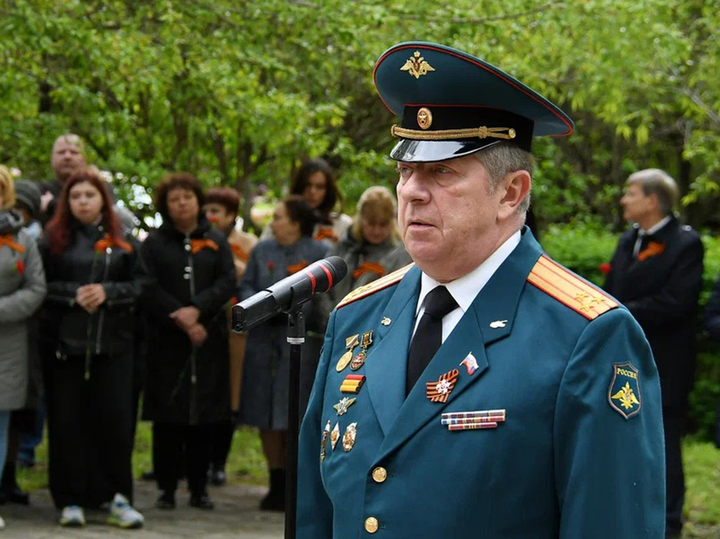 Consultant of the IAC «Science» RAS, Colonel Andrey Timokhin. Photo courtesy of the RAS press service
Consultant of the IAC «Science» RAS, Colonel Andrey Timokhin. Photo courtesy of the RAS press service
After laying flowers at the memorial in honor of academic heroes, I had the opportunity to talk with a candidate of technical sciences, a consultant at the Information and Analytical Center « Science» RAS, Colonel Andrei Timokhin. And this is what the man in uniform said, as if throwing a bridge from the past to modern times, about the importance of the work of scientists during the years of hostilities:
– All government departments must take part in the fight against the obvious enemy . There is a war in the world not with a separate country, but a struggle between darkness and light, good and evil. And the Academy of Sciences, like seven decades ago, is at the forefront of this struggle, ensuring the advancement of our troops with its knowledge and rich experience.
Andrei Viktorovich concluded his speech with an interpretation of a well-known metaphor that has recently emerged among the scientific community: “Russia has three ally – Army, Navy and Russian Academy of Sciences.»








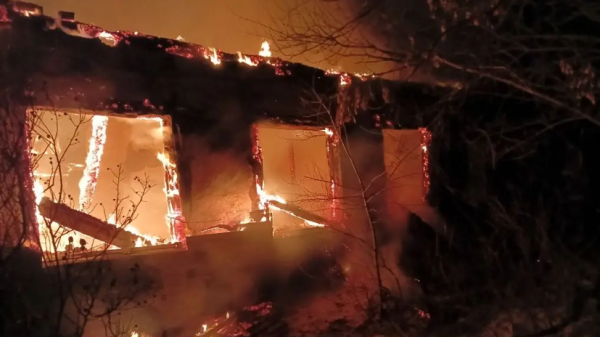

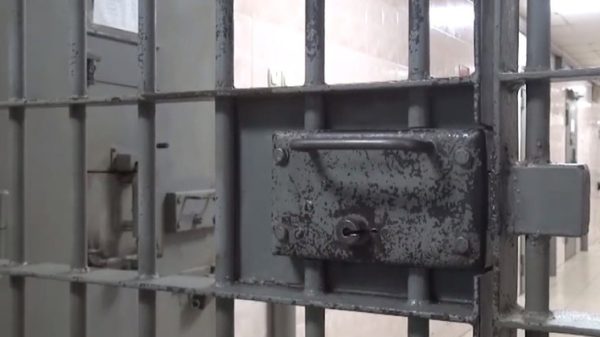
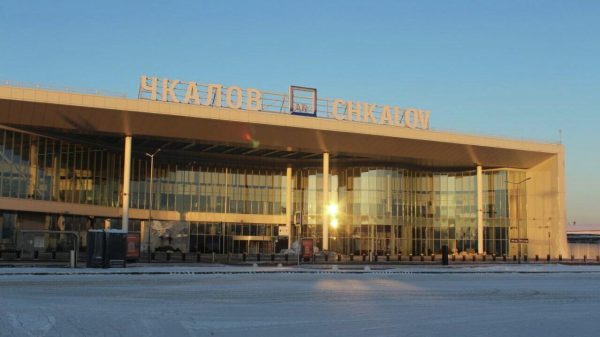





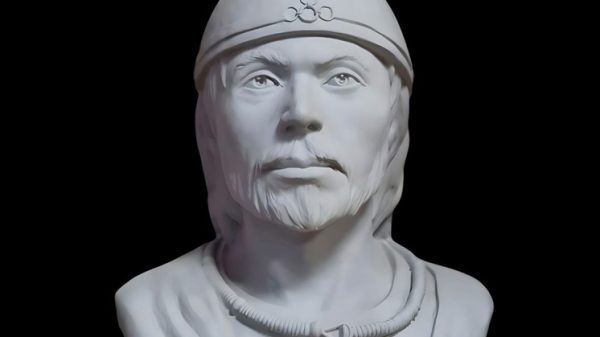
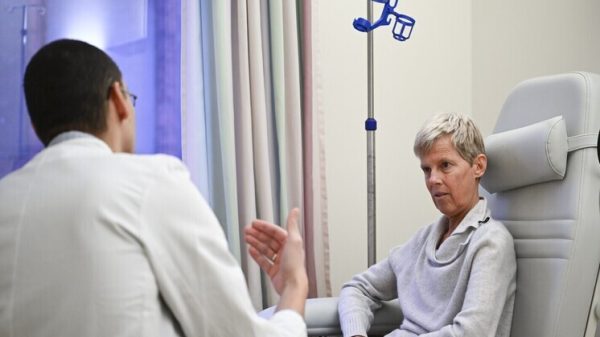

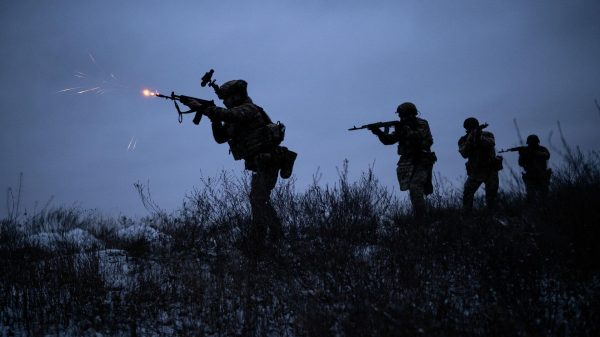


































Свежие комментарии